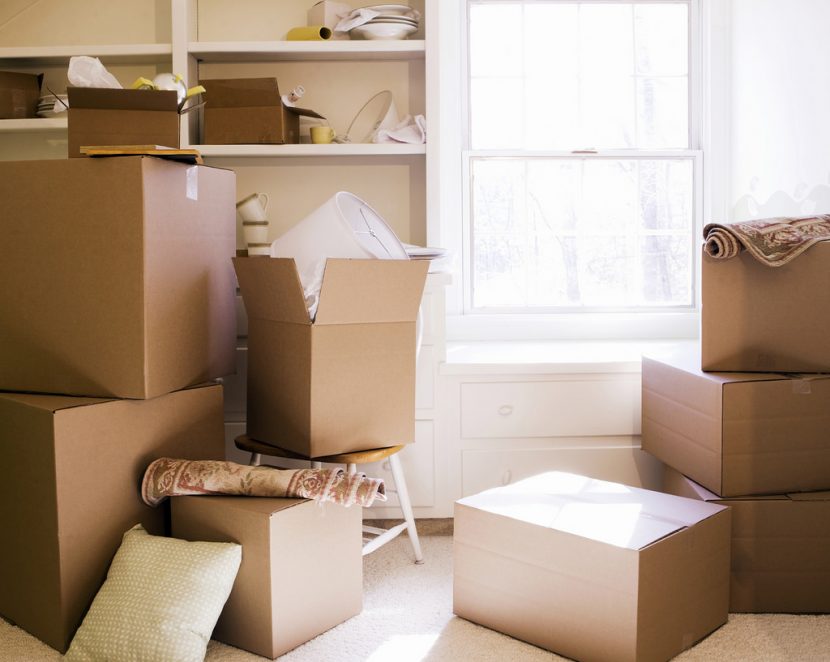Whether you are moving next month or several months down the road, it’s never too early to start the planning process. Moving is one of life’s biggest events, and there are many issues to consider. One of the most significant ones involves budgeting. That is, there are various costs to consider and calculate when budgeting for your move.
As a military family, we relocate regularly, so we know the ins and outs of moving costs. I sat down with one of the top government moving contractors in the U.S. to break down the most common moving expenses. Their wonderful moving crew helped us with our latest relocation to Norfolk, VA (PCS to Joint Base Langley-Eustis). Thanks to them, here are some of the most important costs to consider when planning your move
Cost of Movers
Whether you are moving down the street or across the country, you have to figure out how to get all of your belongings from your current home to your new one. If you are moving locally, the moving cost will be substantially lower than the cost for a long-distance move.
Professional movers have different considerations when determining how much they will bill you for your move. Most local companies have a minimum dollar amount that they charge for each move, usually based on an hourly rate. Interstate base their fees on the total weight and size of all your belongings that you are moving. They will also factor into the cost how many miles you are moving and will include in their fee a cost for mileage and gasoline. Many moving companies will come to your home before the move and provide you with an estimate of your total moving cost. They base this estimate on the number and volume of belongings you are moving to establish the approximate weight of your move. Additional services like packing and unpacking, piano or billiard table moves, and temporary storage will set you back more.
Housing-Related Expenses
Another category for moving-related expenses involves your housing. At your current and soon-to-be former home, you will need to pay for any professional cleaning that is required when you move out. If you plan to rent your new housing, you will need to pay for security deposits and pet deposits at your new apartment or house. You will also have to pay final utility bills as well as deposits and transfer fees to set up utilities at your new place.
Travel Costs
There will be a cost to move from one home to another. This expense will be much lower or even practically zero if you are moving over a shorter distance. But if you are driving a long distance, you will likely have to pay for items like airline tickets, rental cars, gasoline, hotels and restaurant meals as you travel from one place to the next. If you’re trying to keep things cheap, try making a road trip of it and camp along the way! It’s a great way to take in sights and make the trip an adventure.
Miscellaneous Expenses
Moving expenses can add up, even when you factor in the little things and hidden expenses. For example, you will need to add to your total budget the cost for packing supplies like boxes, packing materials and tape for sealing up boxes. You may also need to buy various items for your new home, such as indoor or outdoor furniture, appliances or decorative items.
Your move will go much more smoothly if you plan from every angle, including from a budgeting perspective. Although moving can be a lot of work and quite expensive, it is always invigorating to start a new chapter in your life. So enjoy the process, and happy moving!


